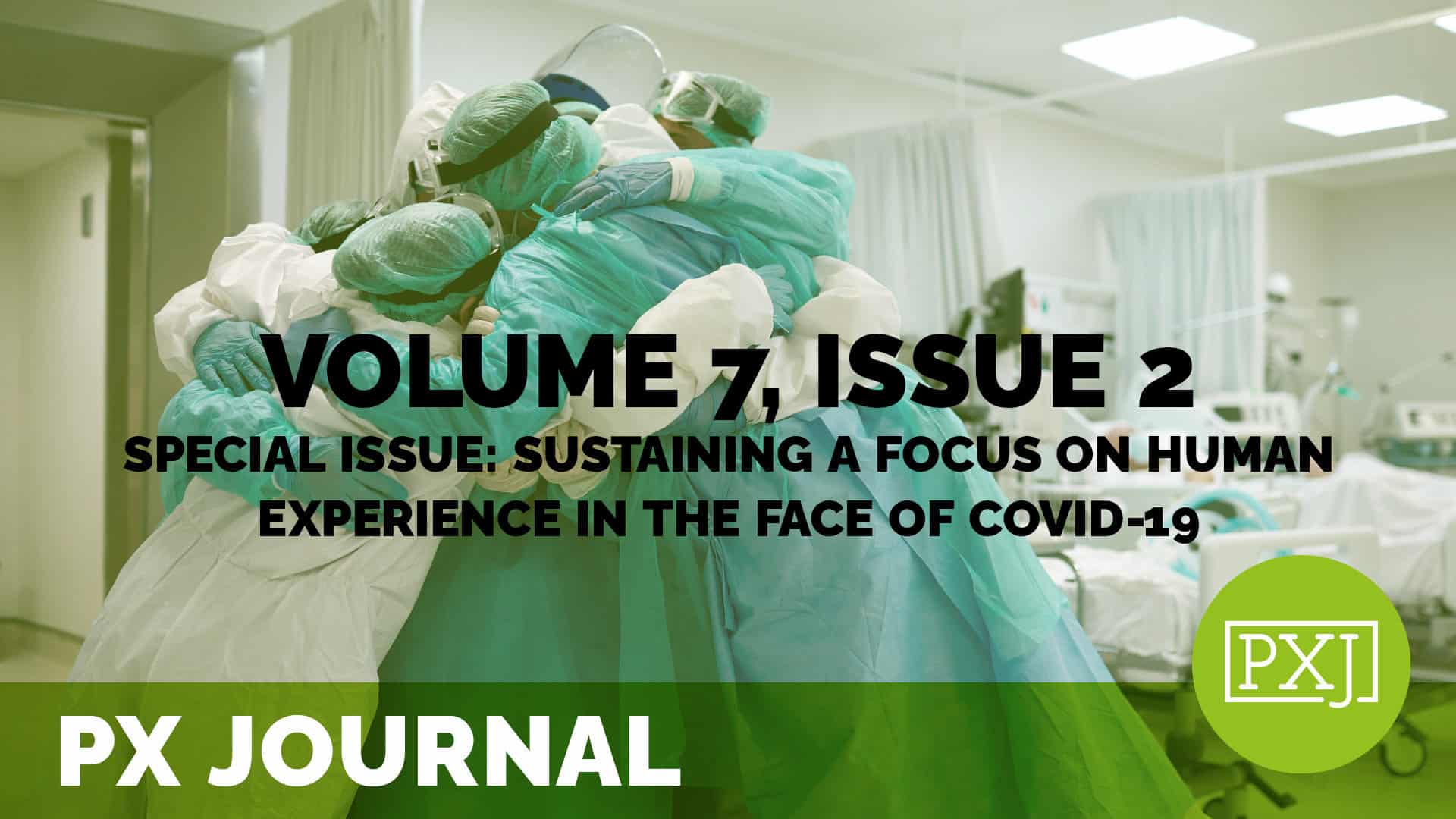Micro-volunteering at scale can help health systems respond to emergencies, such as the Covid-19 pandemic

Related content
-
 Patient Family & Community Engagement
Patient Family & Community EngagementPX Chat on PFA/PFACS: New/Getting Started (February 5, 2025)
12pm ET / 11am CT / 10am MT / 9am PT – Join The Beryl Institute community for an opportunity to connect with your peers on the support and resources needed to address efforts around new and getting started with PFAs and PFACs in their organizations. Breakout discussion groups allow you to share your challenges,
Learn more -
 Patient Family & Community Engagement | Staff & Provider Engagement
Patient Family & Community Engagement | Staff & Provider EngagementBuilding Cognitive-Based Compassion into Service Recovery Training
2pm ET / 1pm CT / 12pm MT / 11am PT – Traditional service recovery training often focuses on key principles and de-escalation techniques, leaving learners with theoretical knowledge but lacking practical implementation skills. In response to rising workplace violence and increasing complaints, we redesigned our service recovery training to incorporate cognitive-based compassion training. This
Learn more -
 Patient Family & Community Engagement
Patient Family & Community EngagementModeling Mutual Respect in Healthcare
By Kathy Saldana, MA, CPXP Imagine you have an interview for a job you really need. In fact, you won’t be able to pay your bills if you don’t get this job. Before entering the interview, you send a note to the interviewer that reads, “I have zero tolerance for disrespect. You will be removed
Learn more
